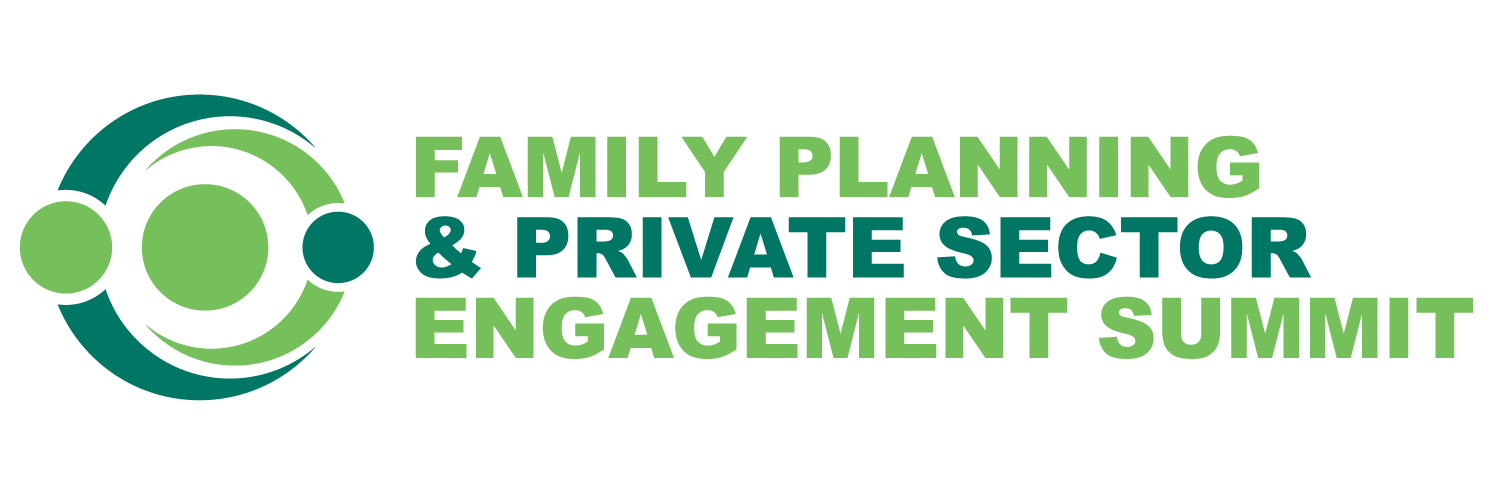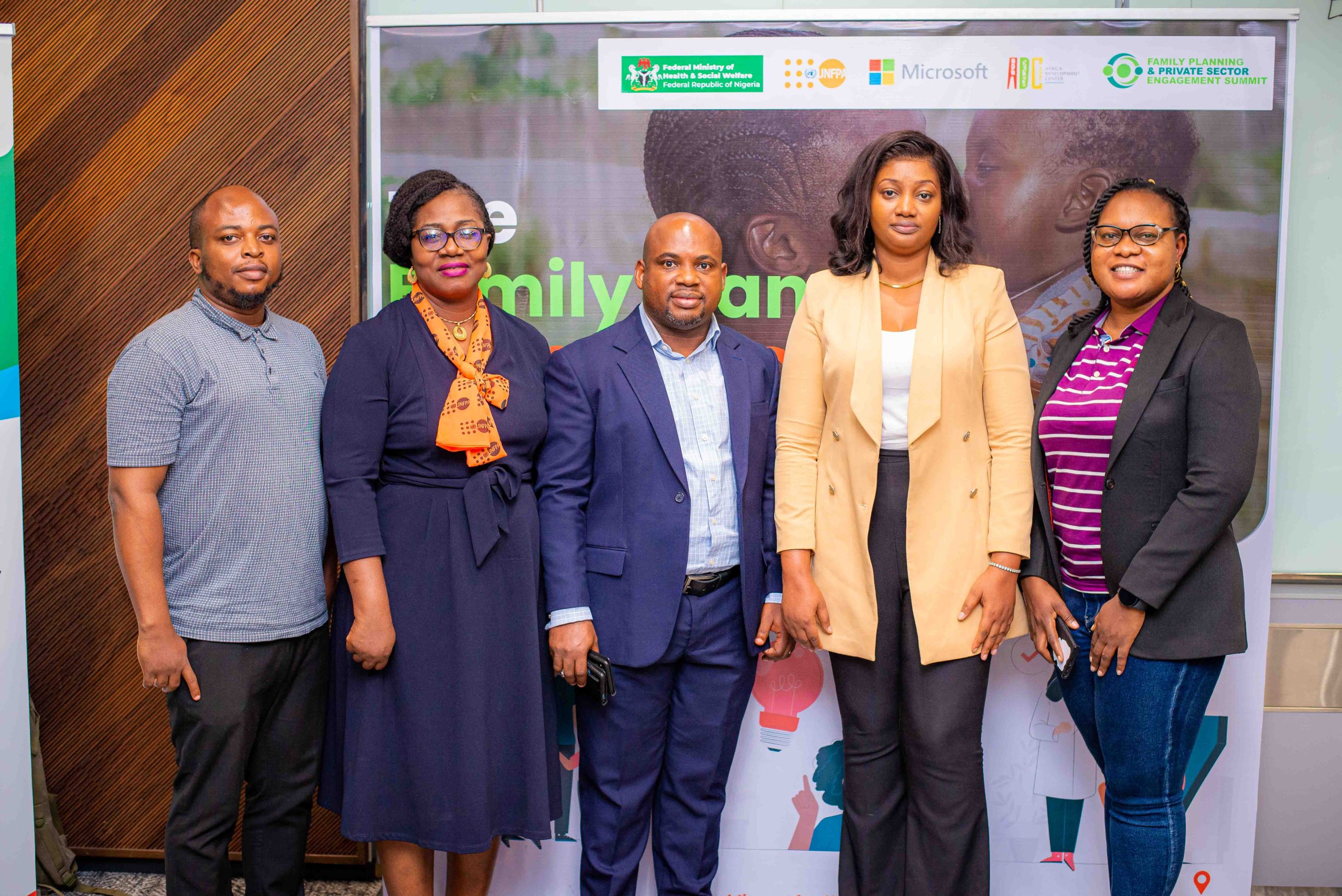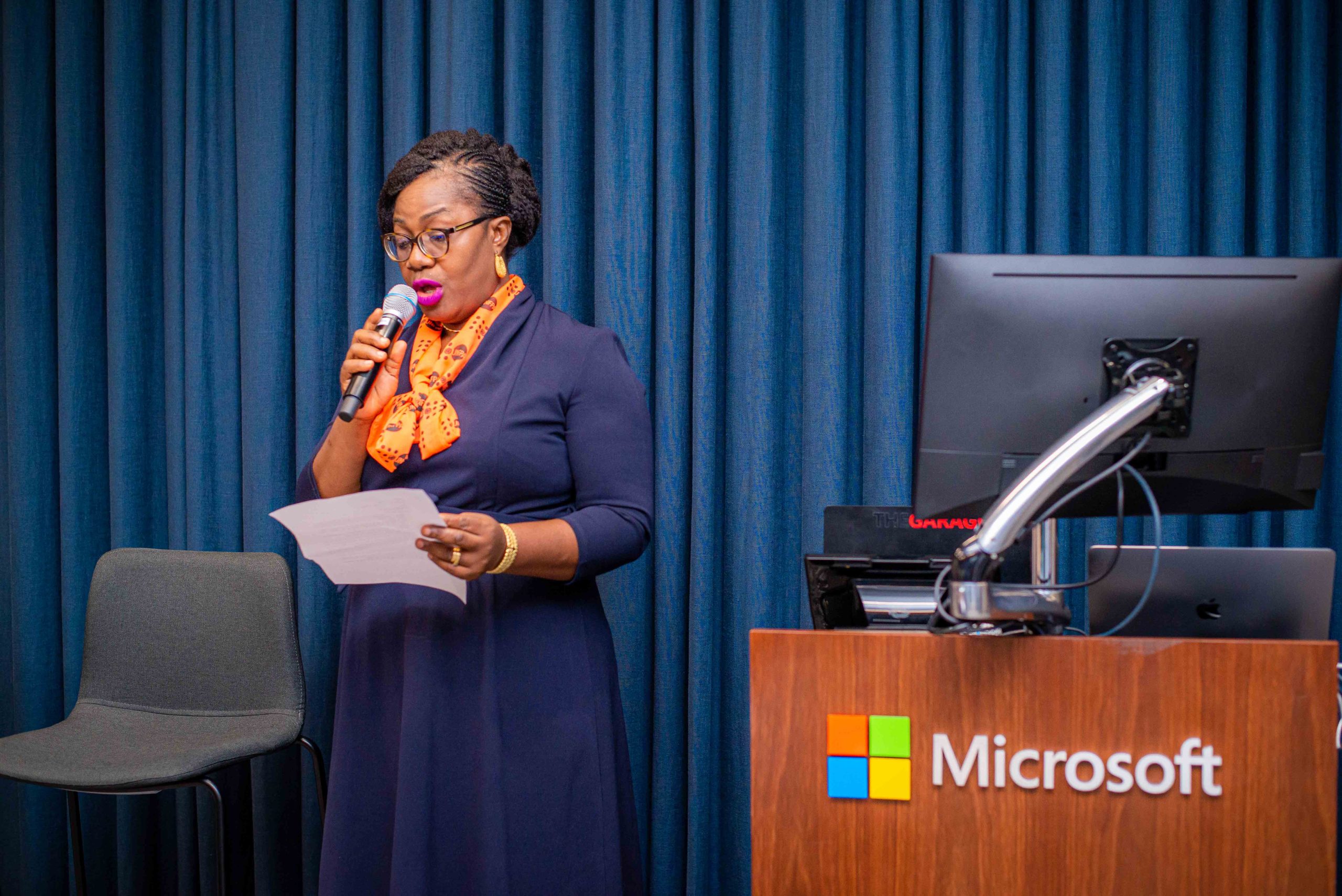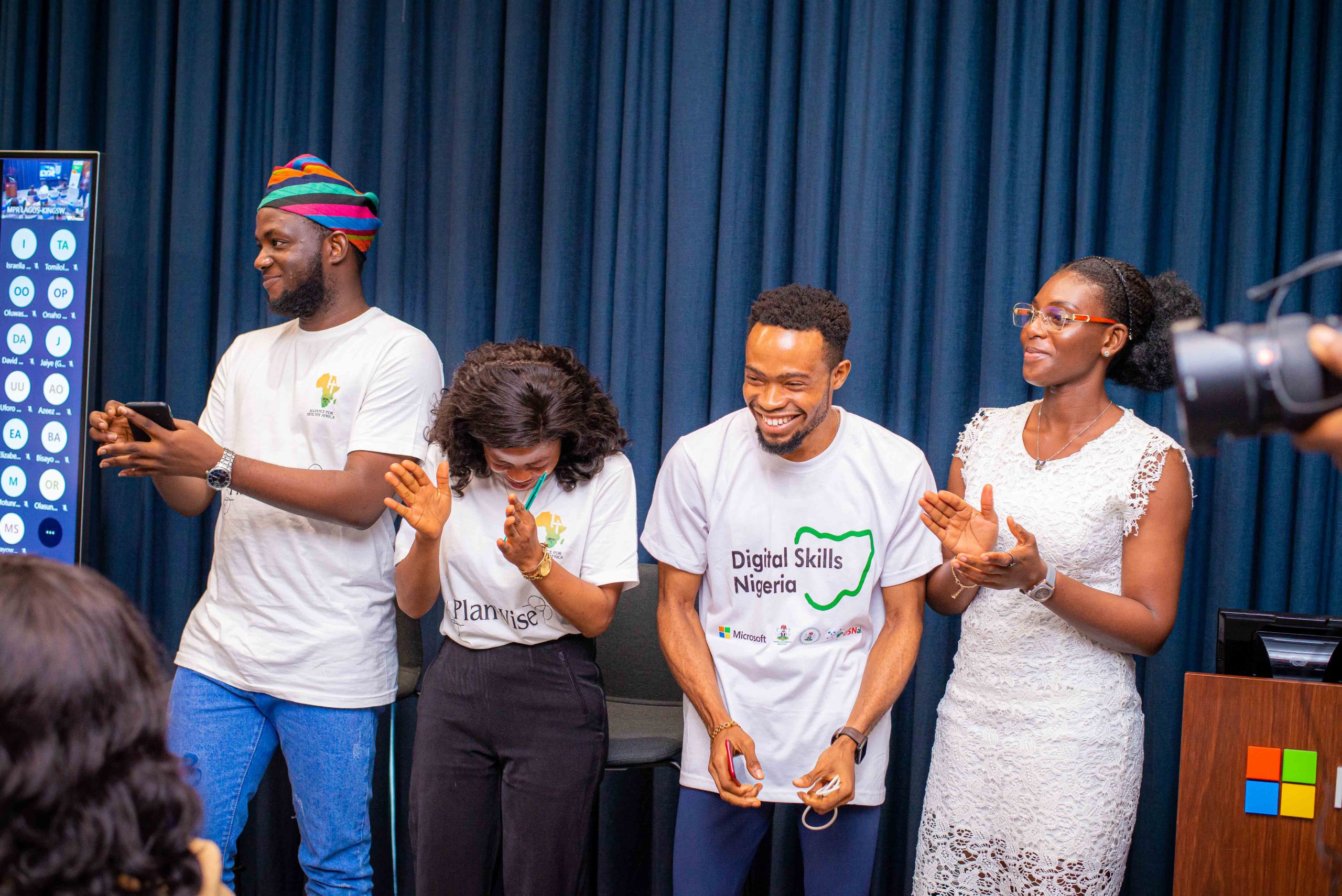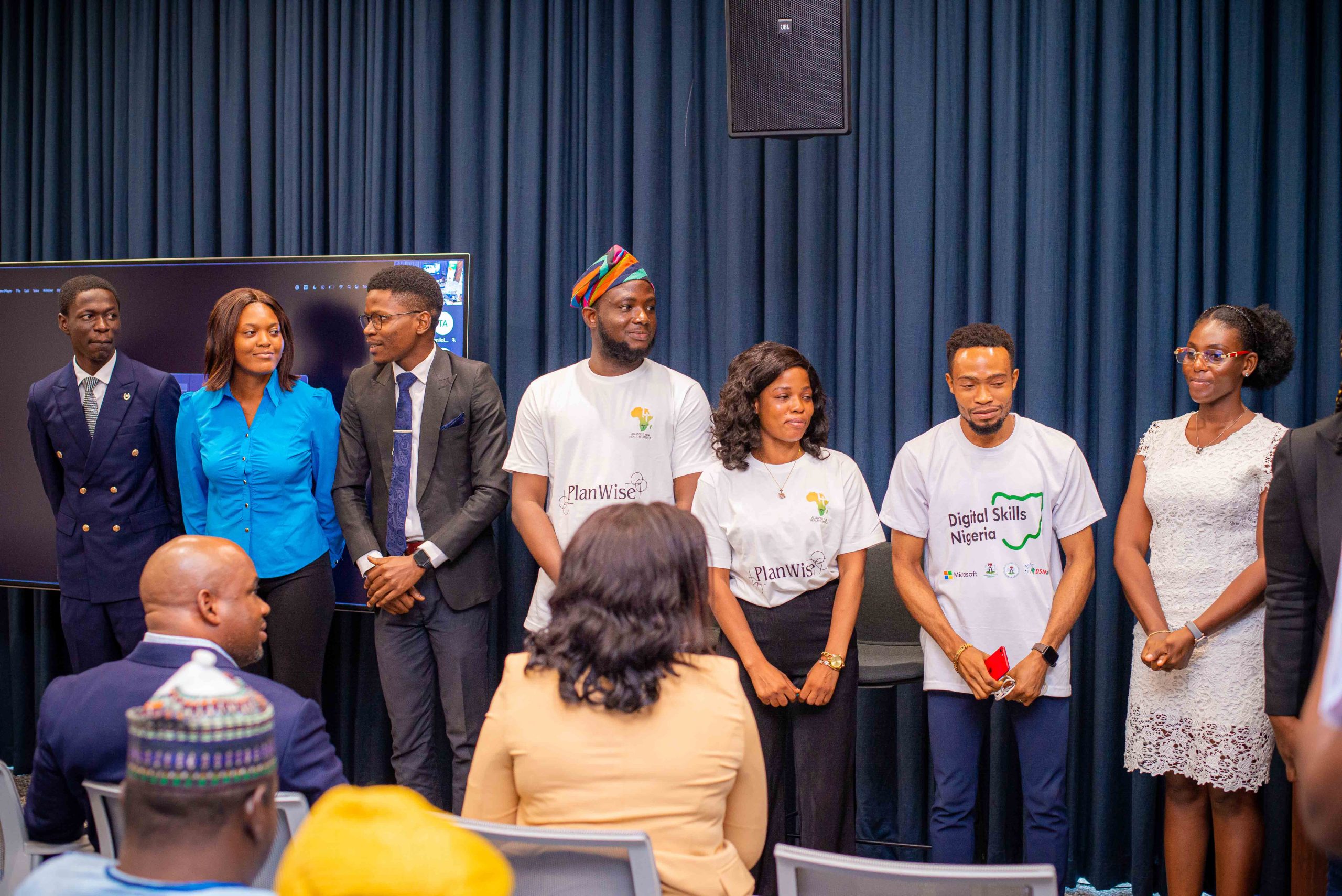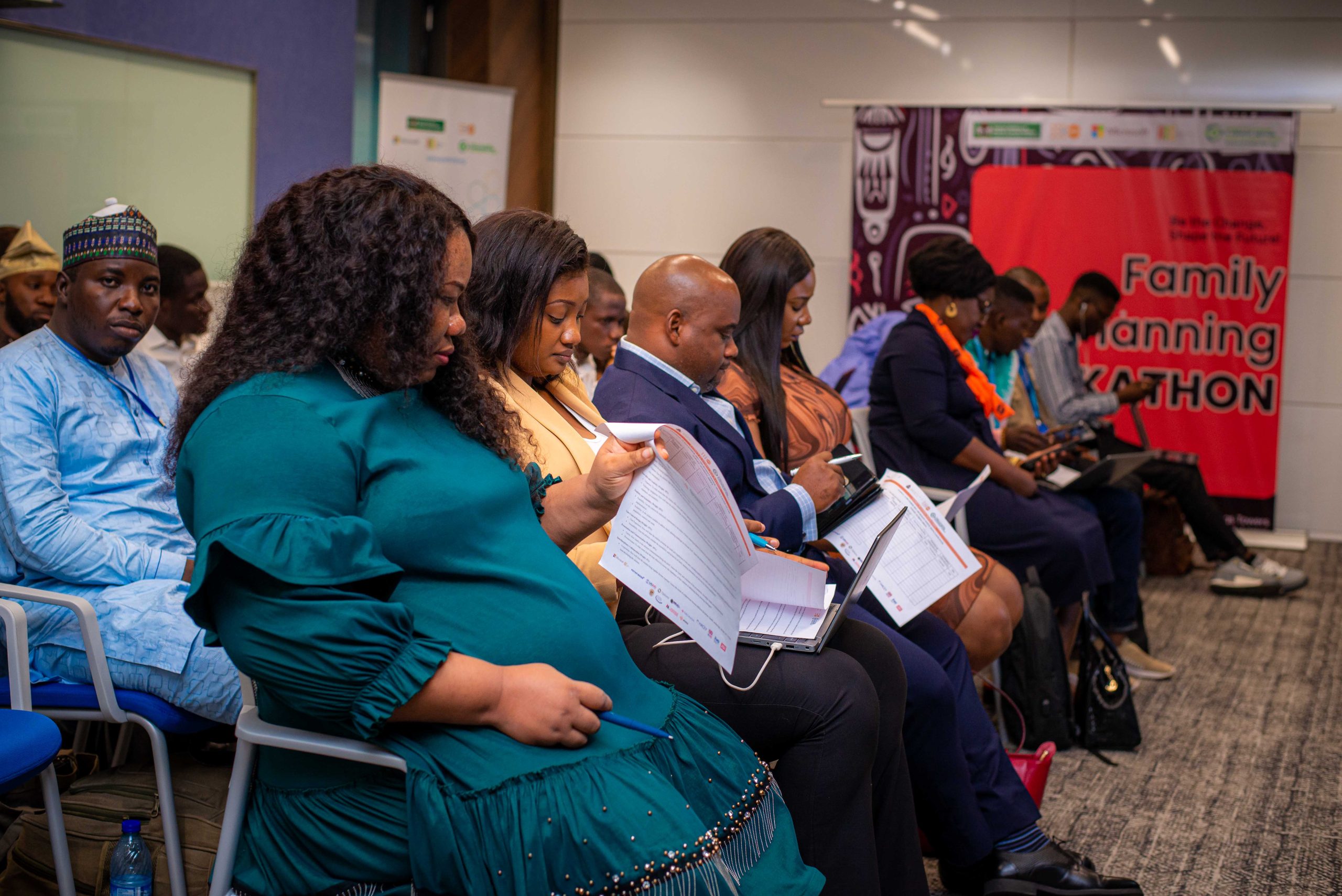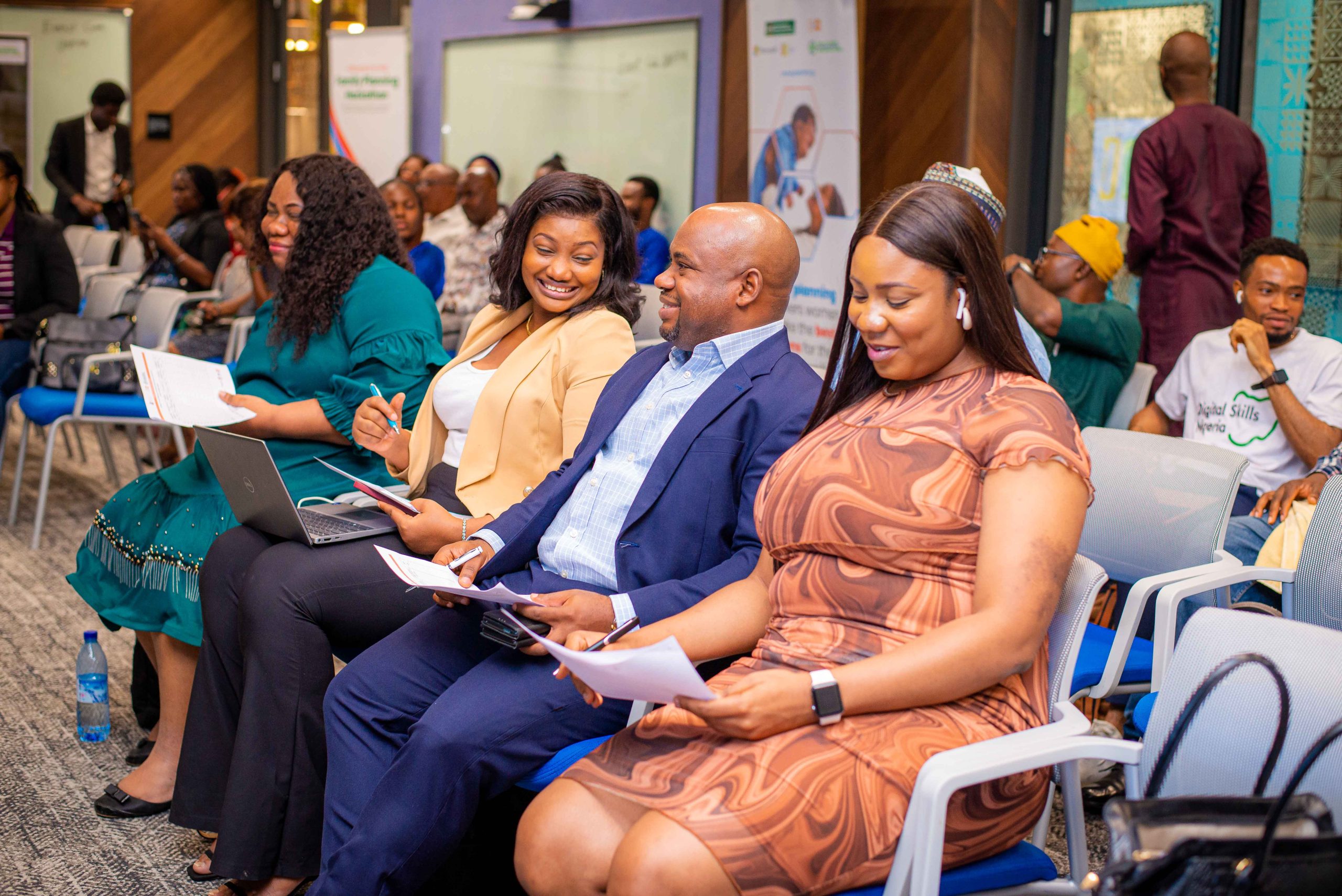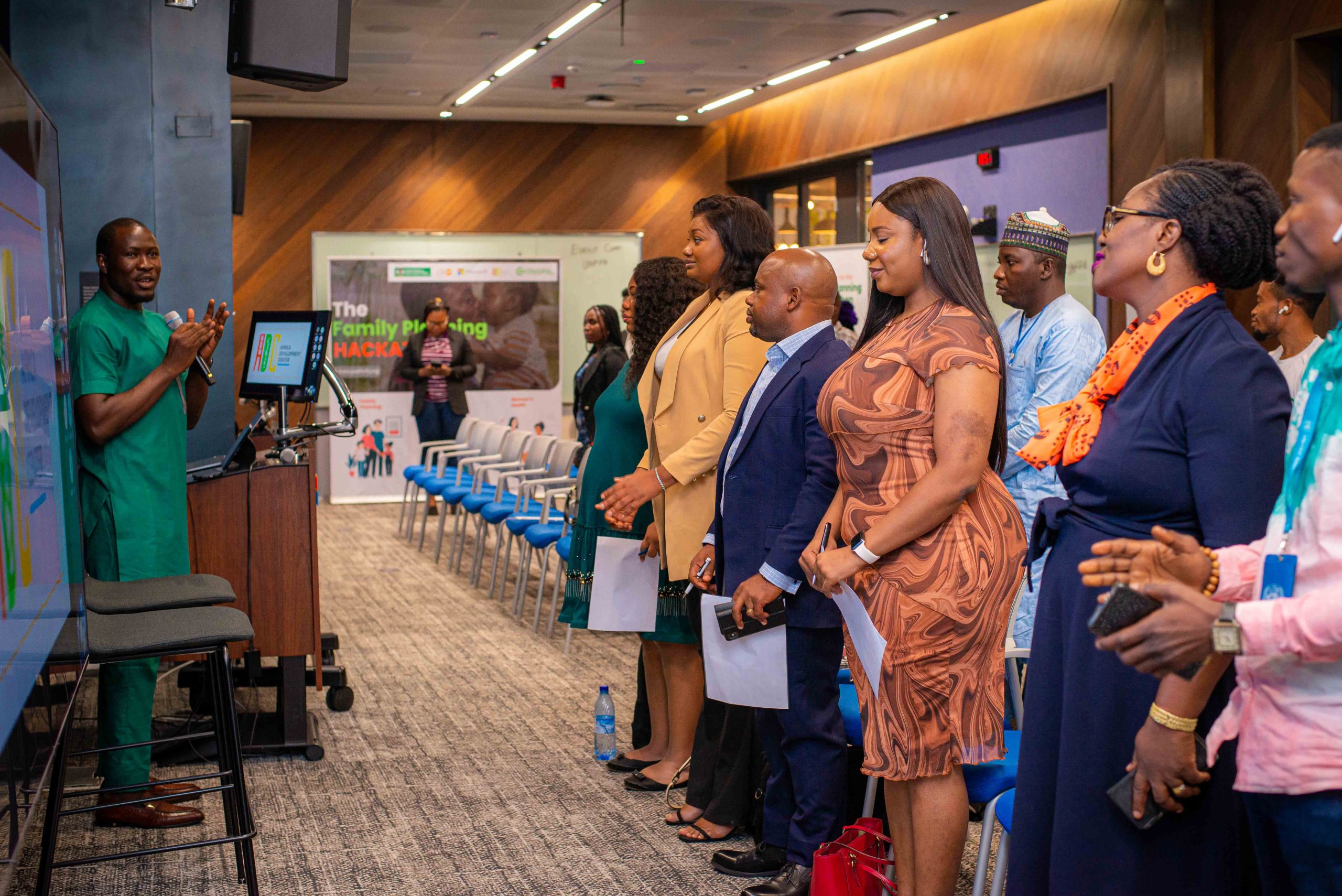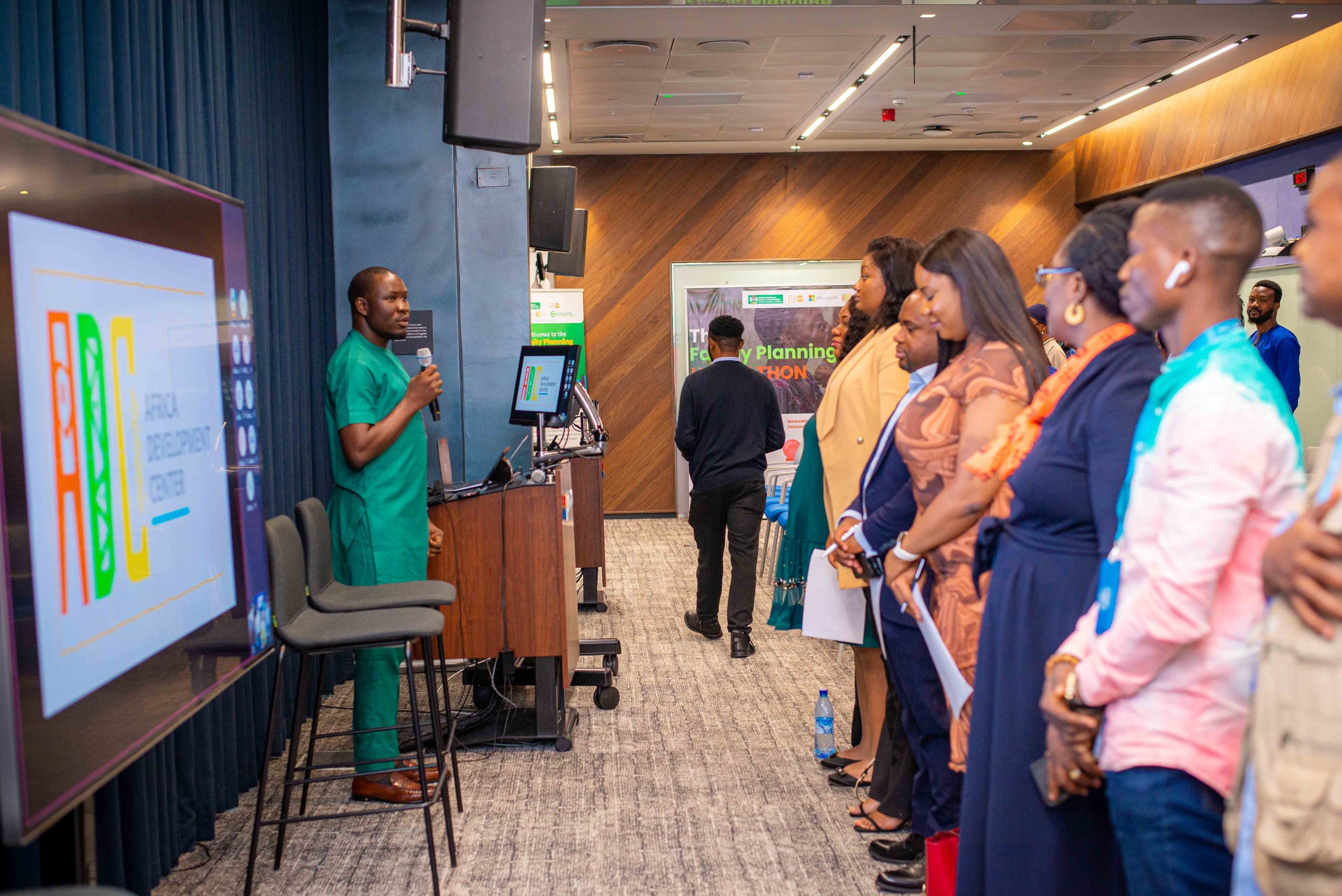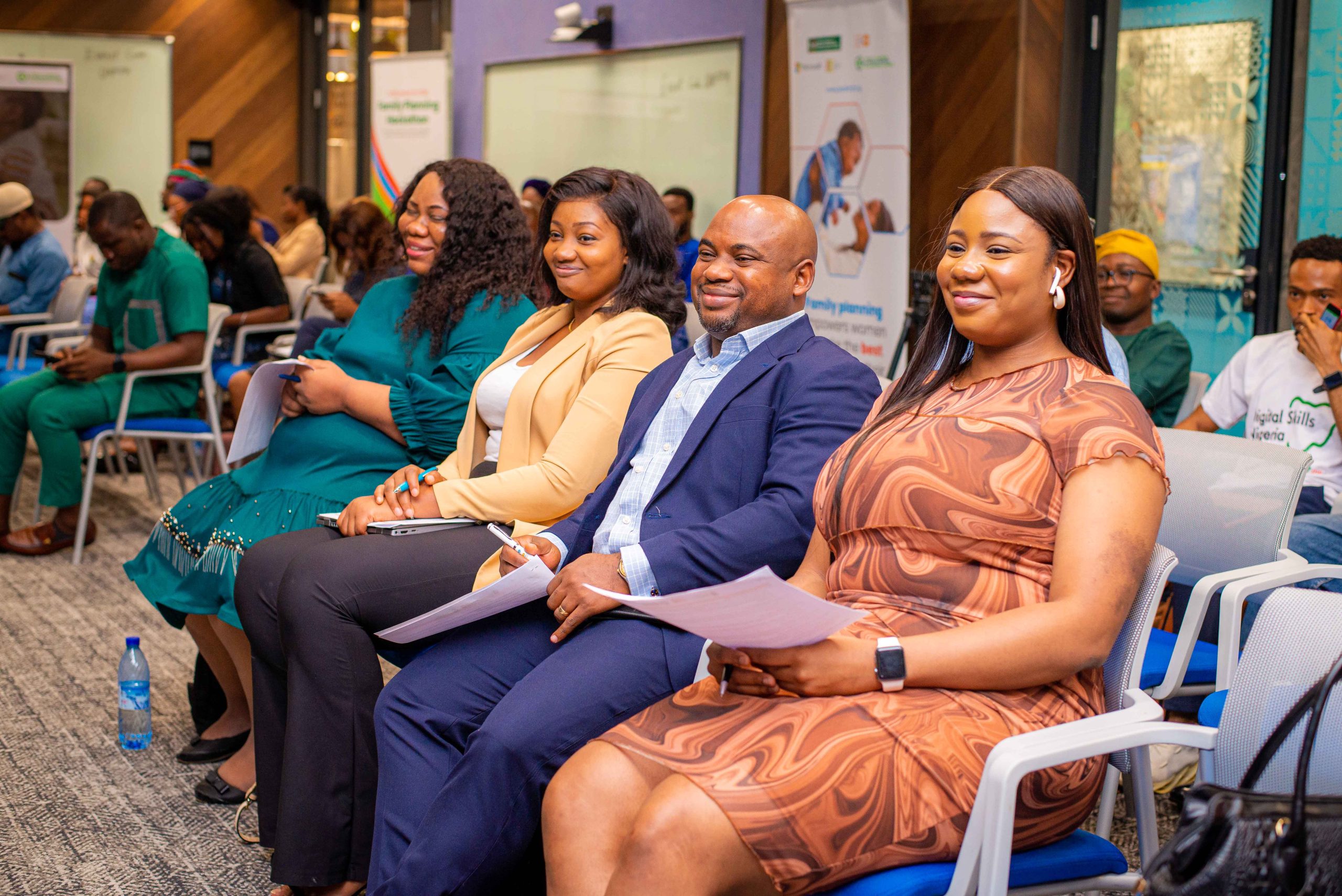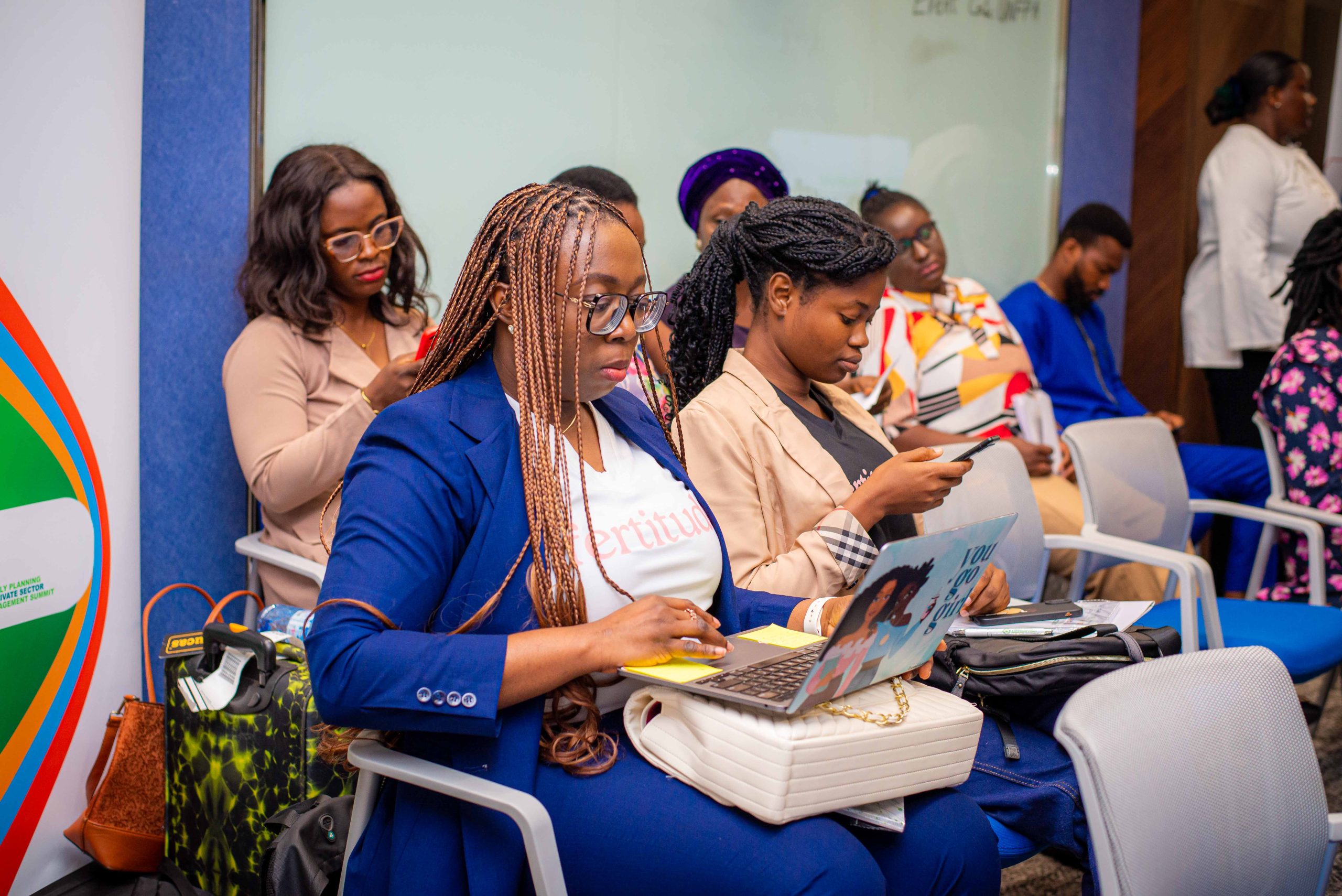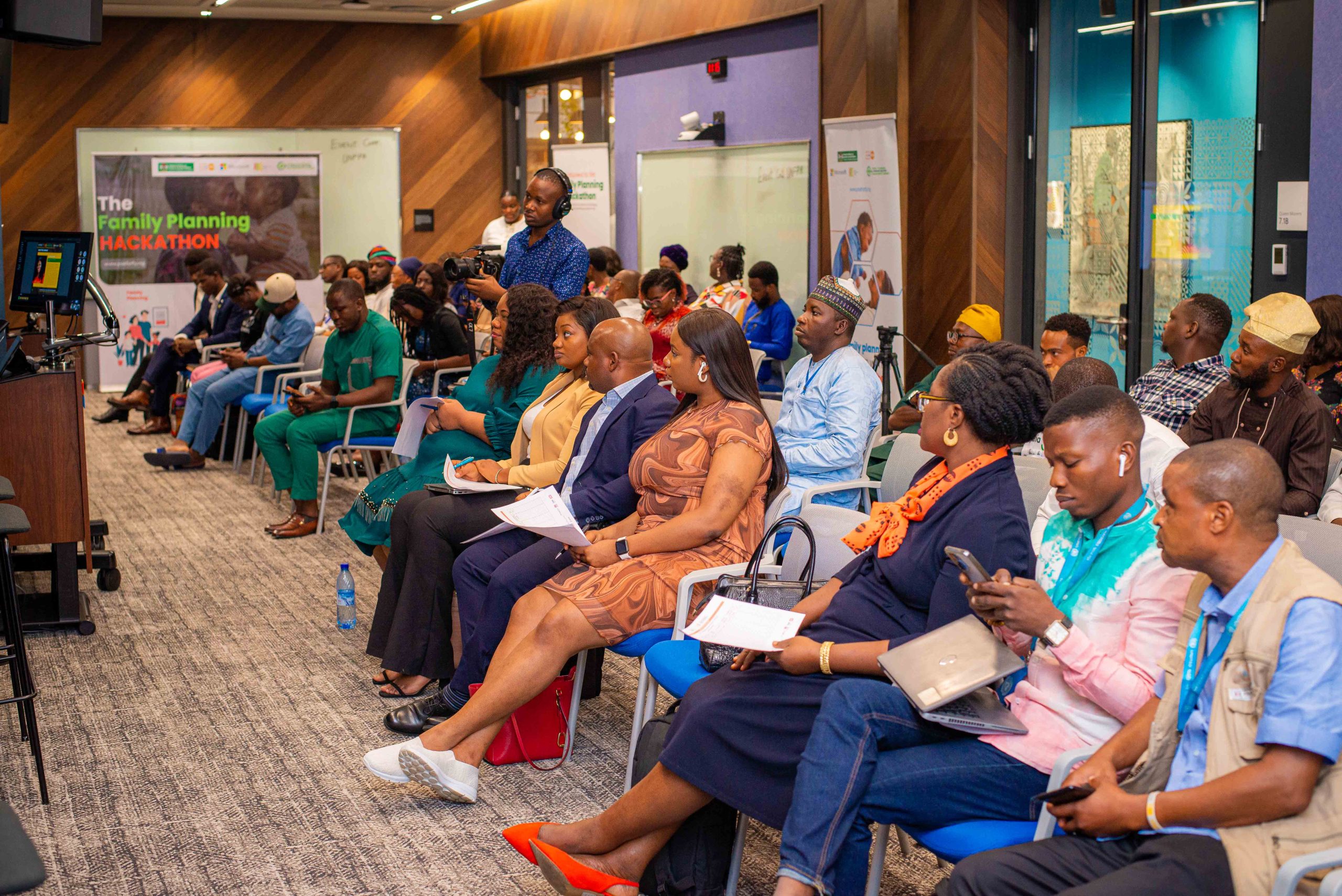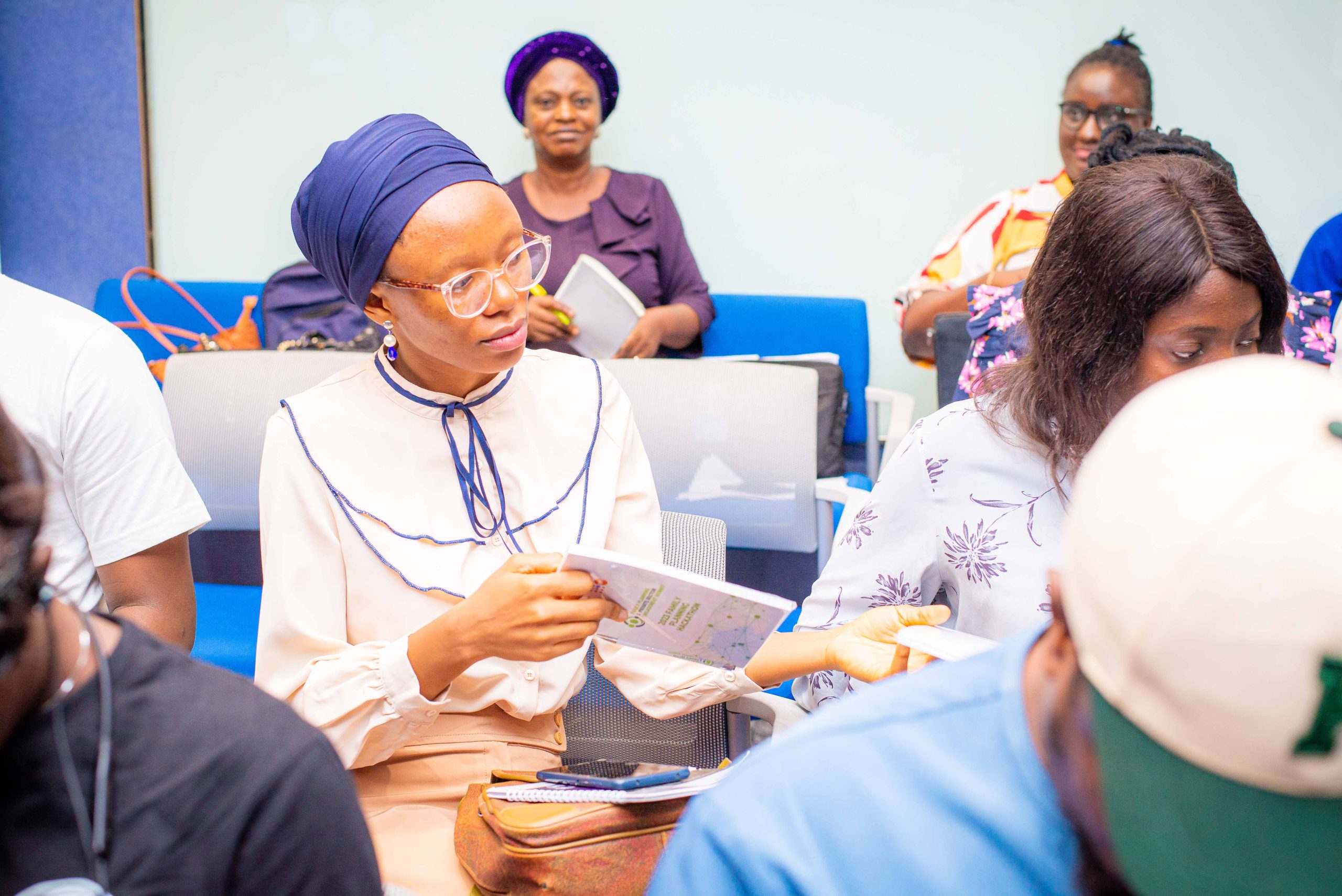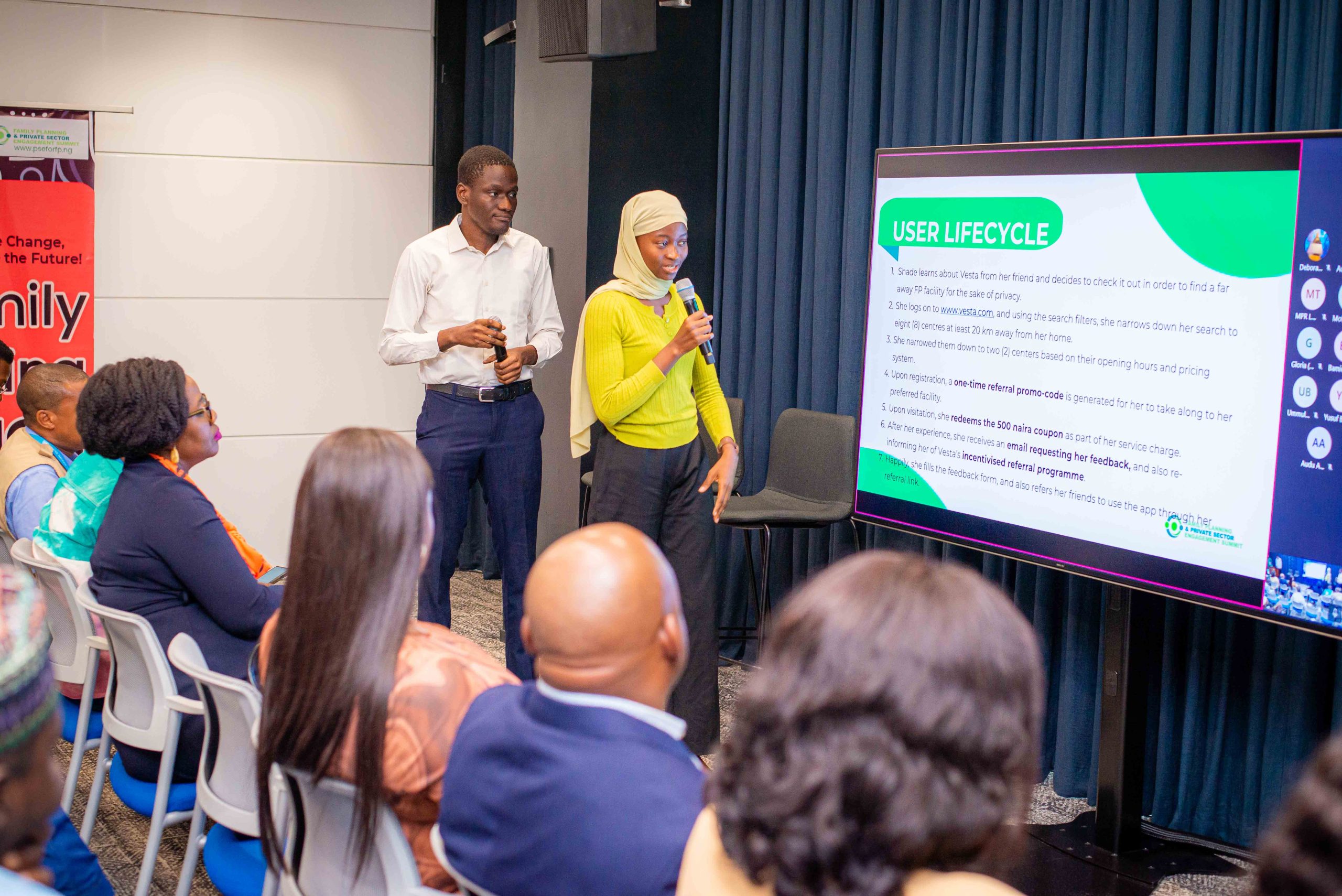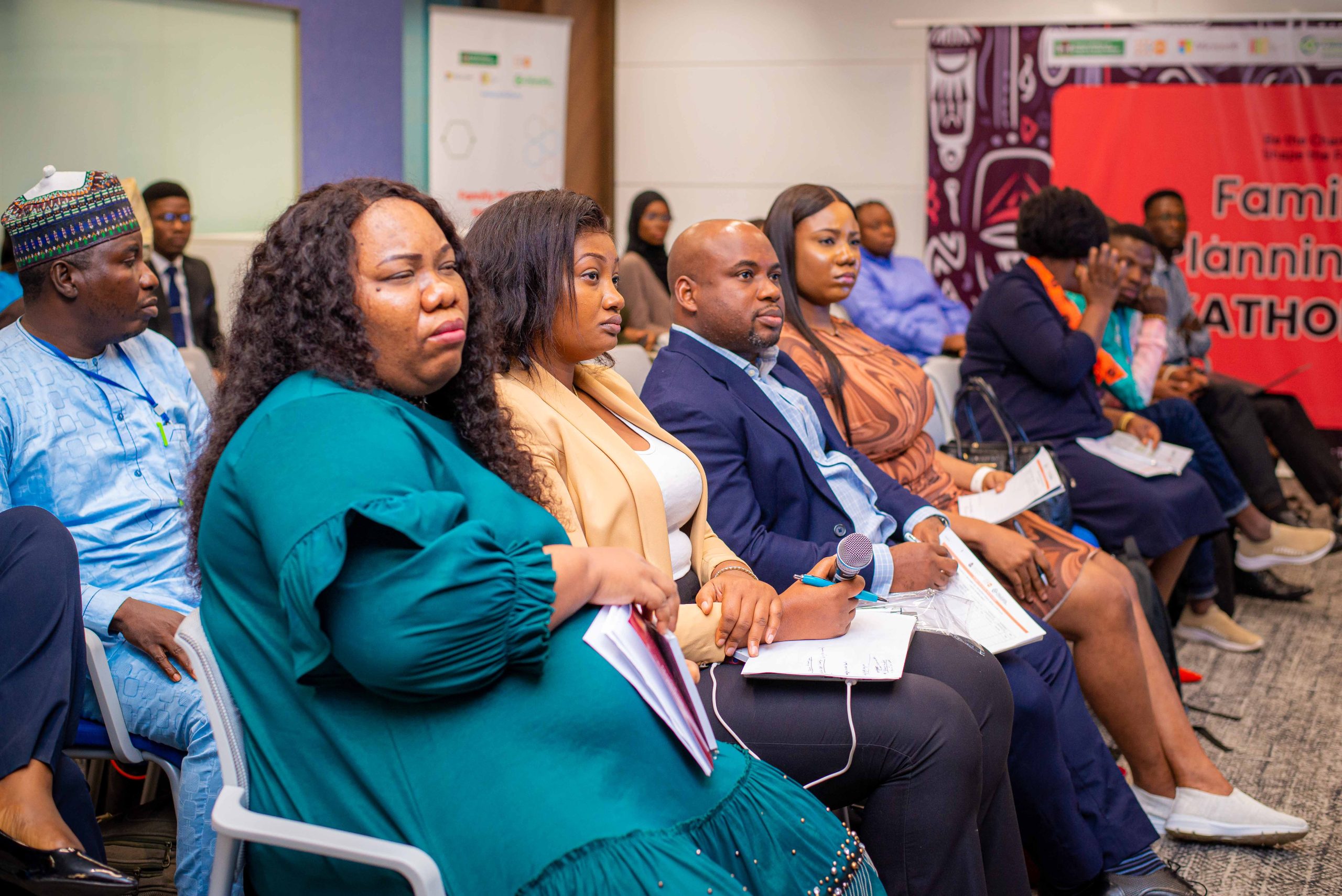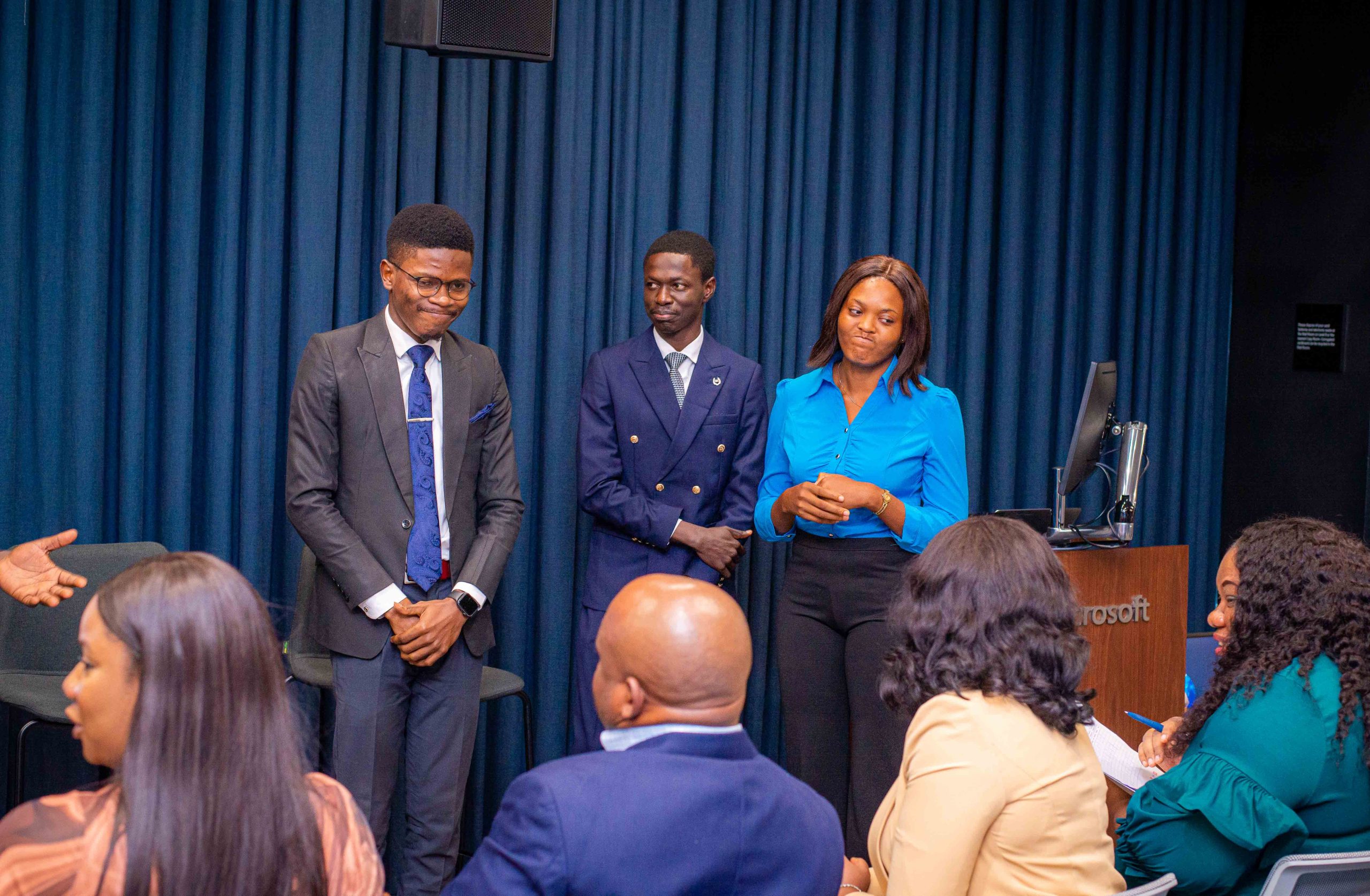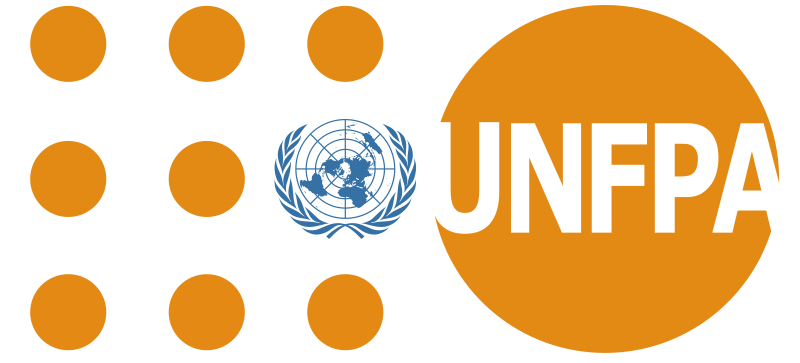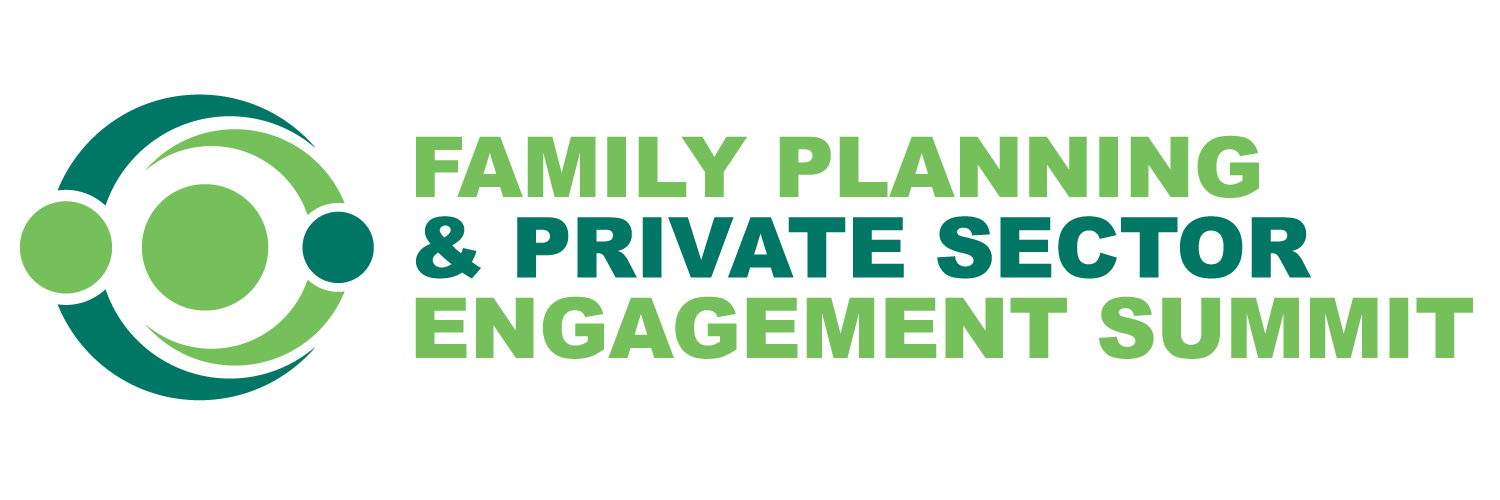The Family
Planning
Hackathon
The Family Planning Hackathon convened innovative teams to tackle pressing challenges in family planning programs.
Why Is This
Important?
The Family Planning Hackathon brought together innovative teams to develop solutions to challenging issues in family planning programming, such as service delivery and supply chain. Each team had expertise in sexual and reproductive health (SRH), communications, and technology to ensure a well-rounded approach to problem-solving.
Ten teams were selected from a general application pool to pitch their ideas to a panel of judges with extensive experience in the family planning sector. The judges evaluated each submission based on its innovation, feasibility, and potential impact.
Throughout the hackathon, teams received guidance and mentorship from private sector experts in technology, communications, and family planning. The experts shared their knowledge and experience to help participants refine their ideas and develop more effective solutions.
Overview
Family planning is a critical component of reproductive health that often receives insufficient attention in Nigeria. Yet, it can potentially reduce maternal mortality, enhance overall health outcomes, alleviate poverty, and drive progress towards achieving the 2030 Agenda for Sustainable Development.
Research shows a substantial unmet need for family planning in Nigeria, estimated at 48% among sexually active unmarried women and 19% among currently married women. Offering contraception to women who wish to delay childbearing and to those who are not using modern methods of contraception can prevent unintended pregnancy, unsafe abortions, and maternal and infant deaths. It also assures pregnancy spacing and the availability of resources (time, social, environmental, and financial)not only needed for the upbringing of a child but also to make meaningful contributions to socio-economic development.
Despite the value and potential for high returns, the use of family planning methods remains low in low and middle-income countries (LMICs), where it is most needed. Nigeria’s relatively low level of family planning (FP) utilization significantly influences the fertility pattern and compounds the rapidly increasing population growth rate.
In line with objective 2, the country FP2030 Commitment to increase family planning access and choice from 12% (mCPR) to at least 27% through scaling up evidence-based, high-impact practices, the Federal Ministry of Health and Social Welfare and United Nations Population Fund will be championing a Family Planning Hackathon to drive the achievement of this objective.
Overview
Family planning is a critical component of reproductive health that often receives insufficient attention in Nigeria. Yet, it holds the potential to reduce maternal mortality, enhance overall health outcomes, alleviate poverty, and drive progress towards achieving the 2030 Agenda for Sustainable Development. Research shows a substantial unmet need for family planning in Nigeria, estimated at 48% among sexually active unmarried women and 19% among currently married women. Offering contraception to women who wish to delay childbearing and to those who are not using modern methods of contraception can prevent unintended pregnancy, unsafe abortions, and maternal and infant deaths. It also assures pregnancy spacing and the availability of resources (time, social, environmental, and financial)not only needed for the upbringing of a child,but to also make meaningful contributions to socio-economic development. Despite the value and potential for high returns, the use of family planning methods remains low in low and middle-income countries (LMICs), where it is needed the most.. The relatively low level of family planning (FP) utilization in Nigeria significantly influences the fertility pattern and compounds the rapidly increasing population growth rate. In line with objective 2 the country FP2030 Commitment to increase family planning access and choice from 12% (mCPR) to at least 27% through scaling up evidence-based, high-impact practices, the Federal Ministry of Health and Social Welfare and United Nations Population Fund will be championing a Family Planning Hackathon to drive the achievement of this objective. About the Challenge This challenge is focused on developing innovative strategies to achieve the FP target of increasing the modern contraceptive prevalence rate (mCPR) from 12% to at least 27% by 2030. With this in view, the hackathon strives to generate innovative solutions that promote access and use of family planning services for women and young people.What to Expect
Interdisciplinary Teams: Participants will form and submit their ideas in teams, consisting of members from various fields, such as Sexual and Reproductive Health (SRH), communications and technology. This diversity is a cornerstone of the challenge.
Real-World Impact: The innovative solutions will focus on improving awareness, access and family planning service provision with the potential to make a real difference in the lives of individuals and communities.
Mentorship: Experienced mentors from the private sector with expertise in technology, communication and family planning sectors will provide guidance and mentorship to support the teams throughout the hackathon, helping them refine their ideas and strategies.
Development funds: Funding will be awarded to the winning team to further develop their solutions and prototypes.
Showcase at a high-level Summit: The winning solutions will gain exposure and recognition at the prestigious Private Sector Engagement Summit.
Submission format
Form Your Teams: Assemble a diverse team of individuals with different skills and backgrounds. Collaborative teams are encouraged.
Innovative Idea: Develop an innovative idea that addresses a specific family planning challenge. Your solution can be at any stage of development, from concept to a working prototype.
Application Submission: Submit your application, including a brief description of your team and idea by the application deadline.
These eligibility criteria aim to ensure that participants are well-prepared, committed, and passionate about contributing to family planning solutions in Nigeria.
Eligibility
- Residency or Operations in Nigeria: Participants must be residents of Nigeria or have their organizations operating in Nigeria.
- Diverse Team Composition: Teams must consist of at least four members with diversified skills, including expertise in sexual and reproductive health (SRH), communications, and technology. A well-rounded team with these skill sets can contribute to a holistic approach to family planning innovation.
- Encouragement of Women’s Participation: The hackathon actively encourages women’s participation by requiring that each team includes at least one female team member. This promotes diversity and inclusion in the development of family planning solutions.
- Passion for Family Planning: Applicants must have a genuine passion for improving family planning services, access, or awareness. Their commitment to making a positive impact in this field is a key criterion for participation.
- Availability for the Hackathon Duration: Participants should be available and committed to actively engaging in the entire duration of the hackathon to ensure effective collaboration and innovation.
- Basic Technological Competency: While not mandatory, participants with some level of technological competency may have an advantage, as technology is likely to play a role in developing innovative family planning solutions.
- Clear Problem Statement: Teams should have a clear understanding of the family planning challenges they aim to address and be able to articulate their proposed solutions effectively.
Some of the evaluation criteria by which applications will be evaluated includes:
- Innovation and creativity
- Potential impact of the proposed solutions
- Feasibility and implementation
- Scalability
- Sustainability
- Alignment with Family Planning Goals
- For the challenge, 10 teams will be selected from the general application to pitch their innovative ideas to a team of judges with extensive experience in the family planning sector.
- The physical hackathon round will enable the selected teams to present their solutions to a panel of judges. The judges will evaluate each submission based on the level of innovation, feasibility, and impact of the proposed solution.
- The winning team will be provided funding to develop solutions prototypes.
- Presentation of these innovative solutions at the private sector engagement summit
Timeline
Application Deadline:
2 December 2023
Hackathon Event
9th to 11th December 2023
